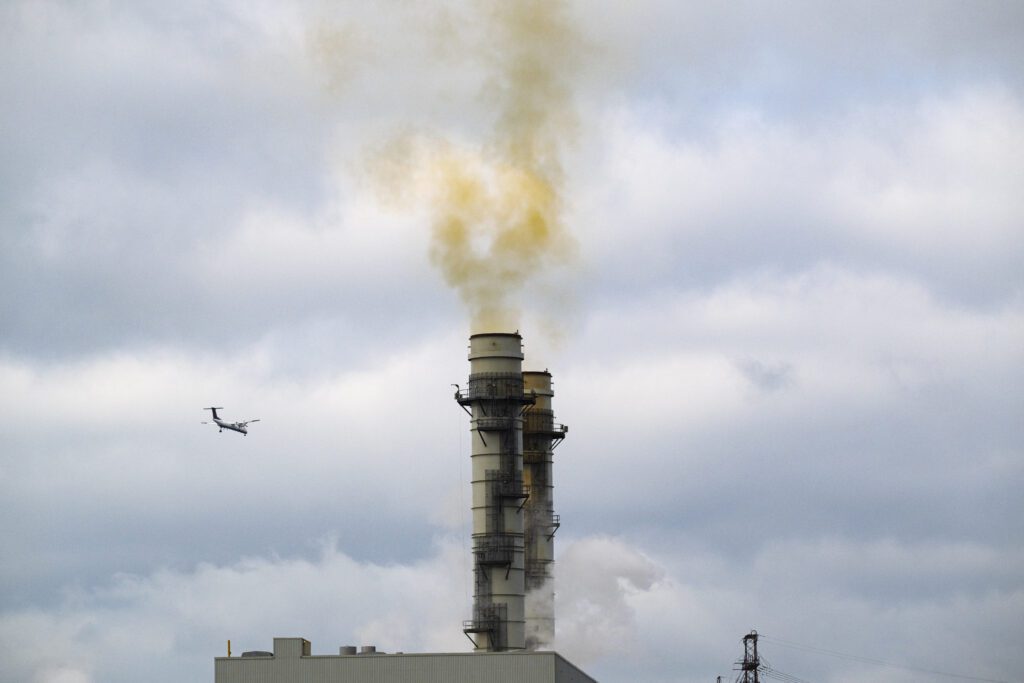(Pour la version française, cliquez ici pour télécharger le PDF.)
Dear Federal Party Leaders,
I urge you as leaders of Canada’s federal political parties to stand up for Canadians in the face of pressure from the oil and gas lobby. That means disregarding the wish list of the Canadian Association of Petroleum Producers (CAPP). If implemented, those measures would not only increase, but accelerate, the climate and environmental impact of oil and gas companies in Canada.
Canada is warming at twice the rate of the rest of the planet. Many Canadians already have firsthand experience with the negative consequences—the increased frequency and severity of extreme events such as floods, tornadoes, and wild fires, and the harmful health effects from heat waves, the spread of illnesses like Lyme disease, and adverse impacts on mental health and social wellbeing.
Oil and gas companies have shown themselves to be narrowly focused on their short-term profit to the detriment of the long-term health and security of Canadians. Their operations have played a large and growing role in emitting greenhouse gases (GHGs) and hastening climate change. They have also created environmental liabilities in the form of abandoned wells and toxic tailings ponds that will cost hundreds of billions, and tossed them to future generations to clean up.
As documented in the Environmental Defence report published today, the oil and gas industry has been a significant barrier to Canadian action on climate change over many years. The obstacles take two forms.
The first barrier is the actual carbon emissions of the sector. Oil and gas emissions have almost doubled since 1990, and are responsible for 80 per cent of the increase in Canada’s overall emissions. And while most other Canadian sectors have reduced their impact on the climate, the oil industry wants to massively increase its carbon output.
The details of this plan can be found in CAPP’s “Vote Energy” election document, a policy wish list on behalf of its member companies operating in Canada. That list includes: fewer environmental regulations; lower corporate taxes; more government subsidies; and the approval of even more oil pipelines and liquefied natural gas (LNG) terminals. According to economic modelling that we have commissioned, granting those wishes would mean that the oil and gas sector would increase its GHG emissions by 116 million tonnes of CO2 by 2030.
The second barrier created by oil and gas companies is through aggressive lobbying against climate policies. Representatives of oil and gas companies and industry associations have met with federal government on average 4 times per day every day of the year for most of the last decade. That is a key reason why a number of sensible climate measures have been killed, weakened, or delayed. Worse, many of these policies would have reduced GHG emissions in other sectors as well.
Bottom line: Canada must rise to the challenge of addressing climate change. Increased oil and gas production means more carbon in the atmosphere – full stop. Despite the rhetoric from industry players about improved environmental performance, the average Canadian barrel of oil emits more and more carbon every year. The carbon intensity of Canadian oil is worse than at any time since calculations began in 1990.
If the oil lobby gets its wish list, one sector currently responsible for seven per cent of Canadian GDP and 1.5 per cent of Canadian employment would be using 60 per cent of Canada’s 2030 carbon budget under Paris Agreement commitments. Canadian oil and gas emissions alone would surpass those of 170 countries. And that doesn’t include the carbon emitted from burning all that oil and natural gas.
In the next Parliament, I urge you to put the interest of all Canadians ahead of the narrow self-interest of oil and gas companies by taking serious action on climate change. Consider first the health and well-being of Canadian citizens. After the upcoming election, all federal parties must work together to enact policies and programs that are commensurate with the challenge of the climate emergency, by building an economy based on declining use of fossil fuels and the creation of new wealth and opportunities for Canadians.
Sincerely,
Tim Gray
Executive Director, Environmental Defence








